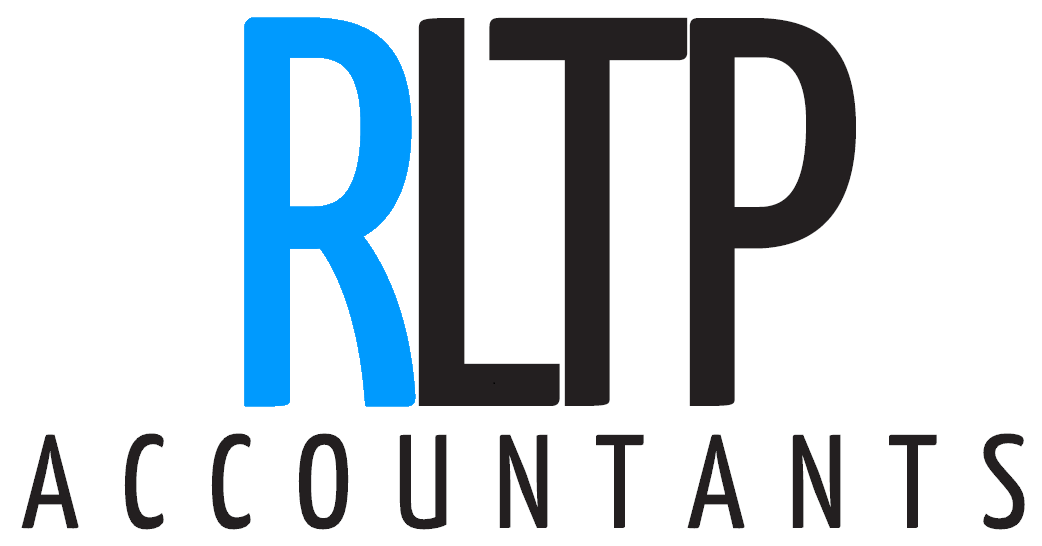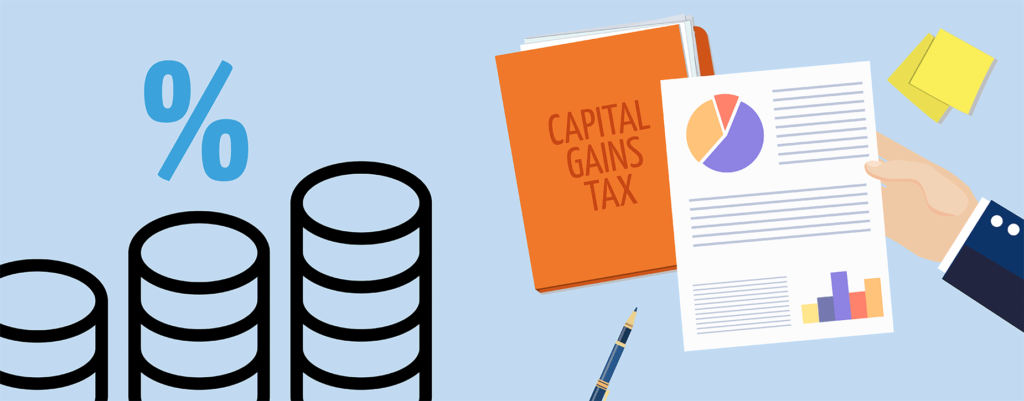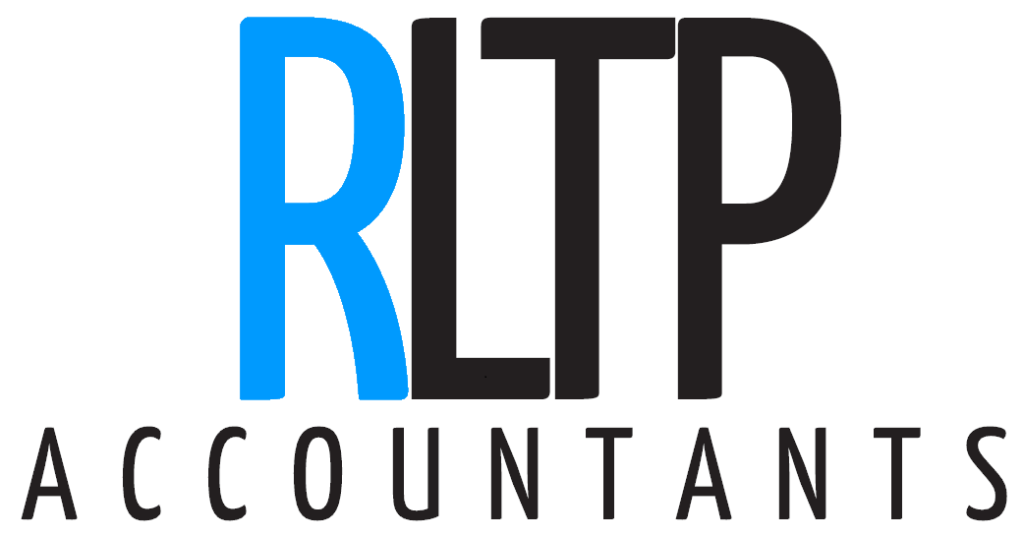Capital gains tax can be complicated, especially if you’ve become a beneficiary in a will or have many assets that you have made financial gains on, generally. It’s difficult to know when capital gains tax is due, how much you owe and when, which is where RLTP Accountants come in.
We are pleased to offer capital gains tax services to our clients, enabling them to pass on that responsibility to a team of highly-qualified, experienced accounting professionals. But first, let’s explain what capital gains tax is, when you need to pay it and, most importantly, how much you could owe the government.
What is capital gains tax?
You might have heard of capital gains tax before, most likely during a heated game of Monopoly. But there aren’t many people who actually know what it is and when it has to be paid, unless you’ve encountered it before. Capital gains tax, or CGT as it’s also referred to, is government taxation on the public that relates to financial gains made on any assets, property (in some cases) and shares that you have owned for a year or more. We’ll discuss when capital gains tax has to be paid in a moment, but capital gains tax would also need to be paid if you’re selling a business.
When do you pay capital gains tax?
You will be required to pay capital gains tax on the assets, property and shares that you have owned for a year or more. This includes anything from paintings and jewellery to cars and electronics. You will only pay capital gains tax on property if it’s not your primary home and if you legally own it.
As soon as you sell your assets for financial gain, you will be liable to pay capital gains tax. If you’re looking to use the HMRC’s real-time capital gains tax service to pay what you owe, then you will need to do this by 31st December in the year after any sales and gains you have made. If you fail to reach the deadline, you’ll be penalised and fined. However, there is a capital gains allowance that applies.
What is the capital gains tax allowance 2023/2024?
According to the government, there is a sum of money that you can make through the gains made that will not be taxed under the capital gains tax requirement. For this year, going into the first quarter of 2024, the capital gains tax allowance is £6,000, although it’s £3,000 for trusts. This allows you to make up to the aforementioned amounts through financial gains as a result of selling assets without paying tax on it.
What happens if I make a loss?
If you have made a loss, then you can report it on a chargeable asset to the HMRC in order to reduce your total taxable gains. This would only need to be done if you’re selling more than one asset at once. If you do report a loss, then this will be referred to as an ‘allowable loss’. Once a loss has been reported, then that amount will be dedicated from any other financial gains made within the same tax year. Essentially, this will dictate how much tax you pay on other assets.
What are the capital gains tax rates?
If you owe capital gains tax to the government, then you’ll need to know exactly how much that is so as to avoid fines and penalties. The rate at which you pay capital gains tax will differ depending on the percentage of the financial gain, together with the income tax band you sit in.
It’s important to note, however, that the capital gains tax rates will differ if you’re paying it against a residential property, although you don’t usually pay capital gains tax when you sell your own home. You are likely to owe capital gains tax on property if it’s a second home, a holiday home or a home that has been left to you as a beneficiary to a will.
If you pay a higher rate income tax then, according to the government, you’ll have to pay 28% on your gains from a residential property and 20% on any gains from other chargeable assets. It’s slightly more complicated if you sit within a basic income tax band. In this case, the amount you pay will depend on the size of the gain made, in combination with your taxable income and any income tax relief you might be entitled to.
If you pay basic rate income tax, then you’ll need to firstly work out your taxable income and your total taxable gains. Afterwards, deduct your tax-free allowance from the total taxable gains and then add this to your taxable income. If you find that this figure sits within the basic rate income tax band, then you’ll be required to pay 10% of the gain you have made, or 18% of it’s a residential property.
However, you will have to pay 20% if the amount sits within the higher rate income tax band, and 28% on any gains made on a residential property. It can be extremely difficult and overwhelming to calculate all of this yourself, which is why many people employ the help of a professional accountant, such as us here at RLTP Accountants. We have a wealth of expertise and knowledge to draw upon, ensuring our clients are given the peace of mind and reassurance they need during a stressful time.
RLTP Accountants are proud to have a range of accounting services available to both domestic and commercial customers. Whether you’re looking for us to take the stress out of the capital gains tax process or are looking for other services such as bookkeeping, company formations, self assessment services and more, then get in touch with a member of our specialist team today – we’re always pleased to hear from you.


